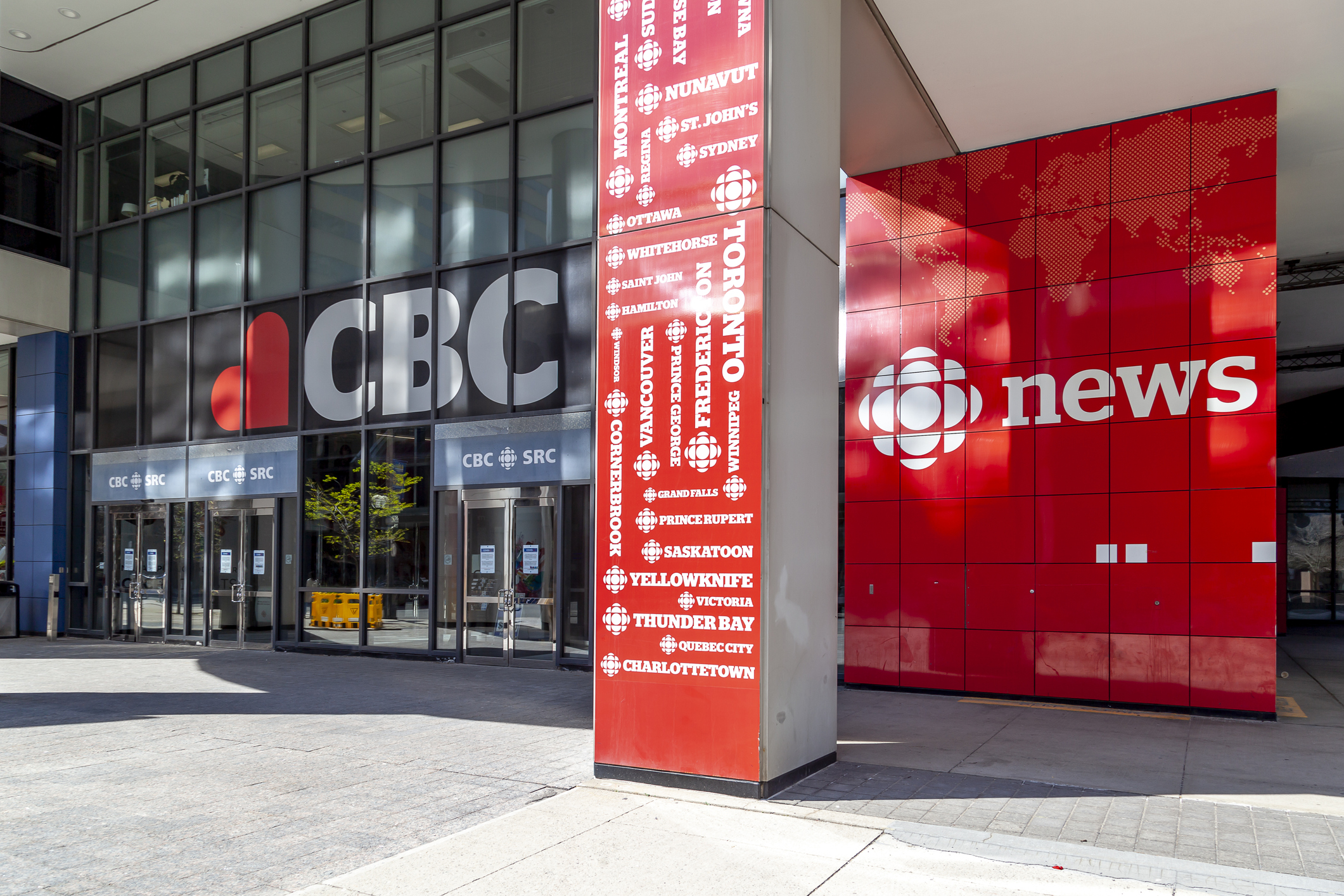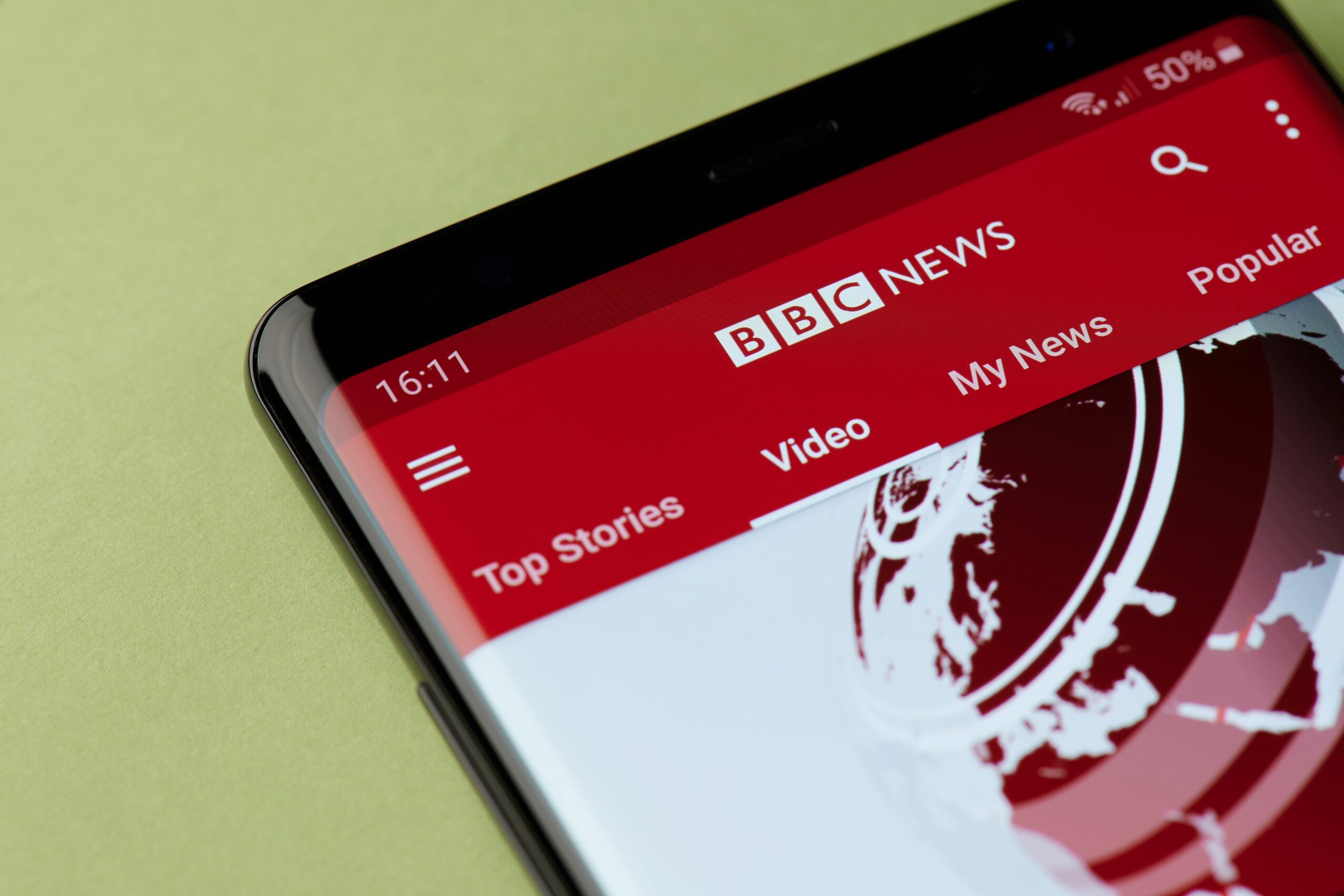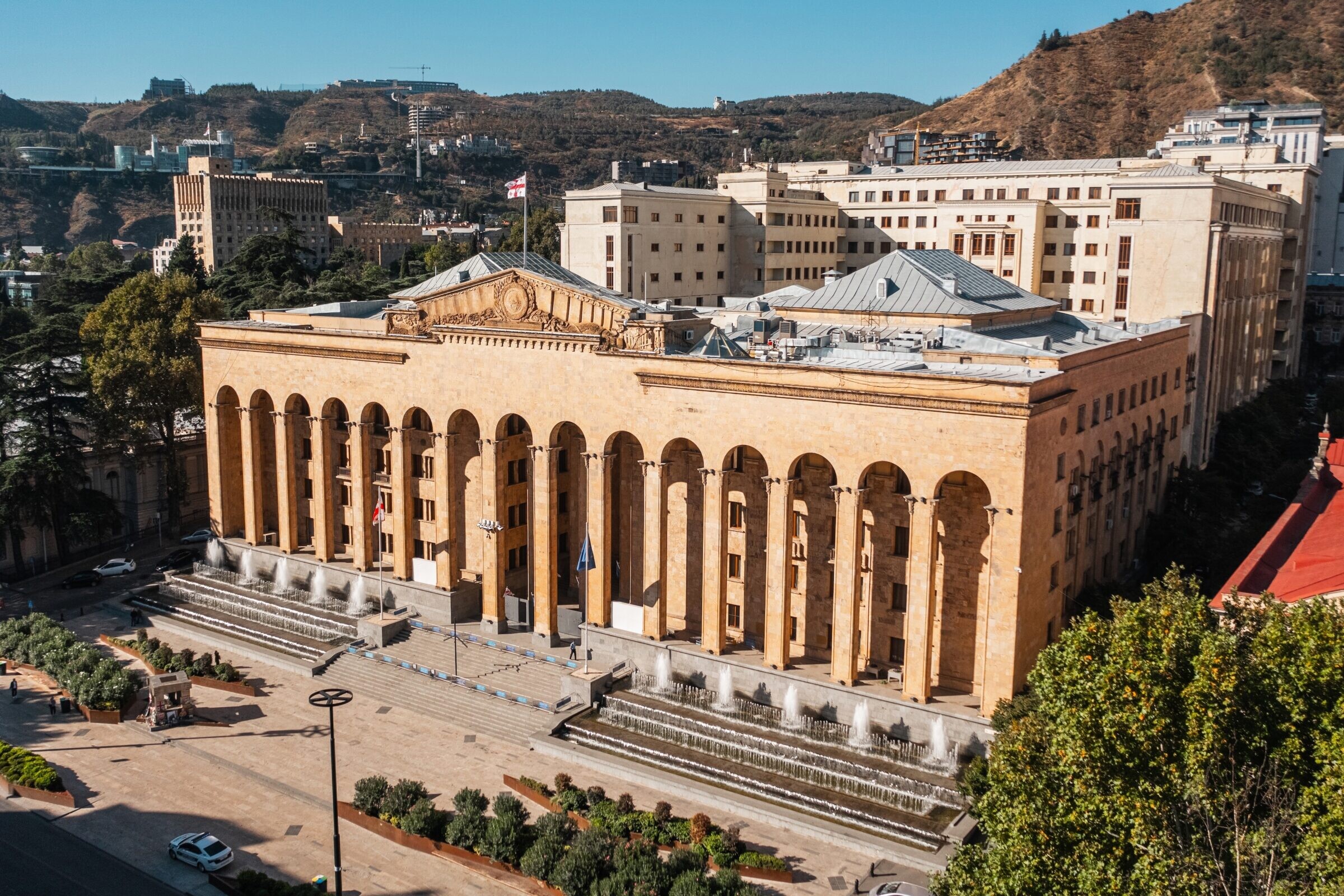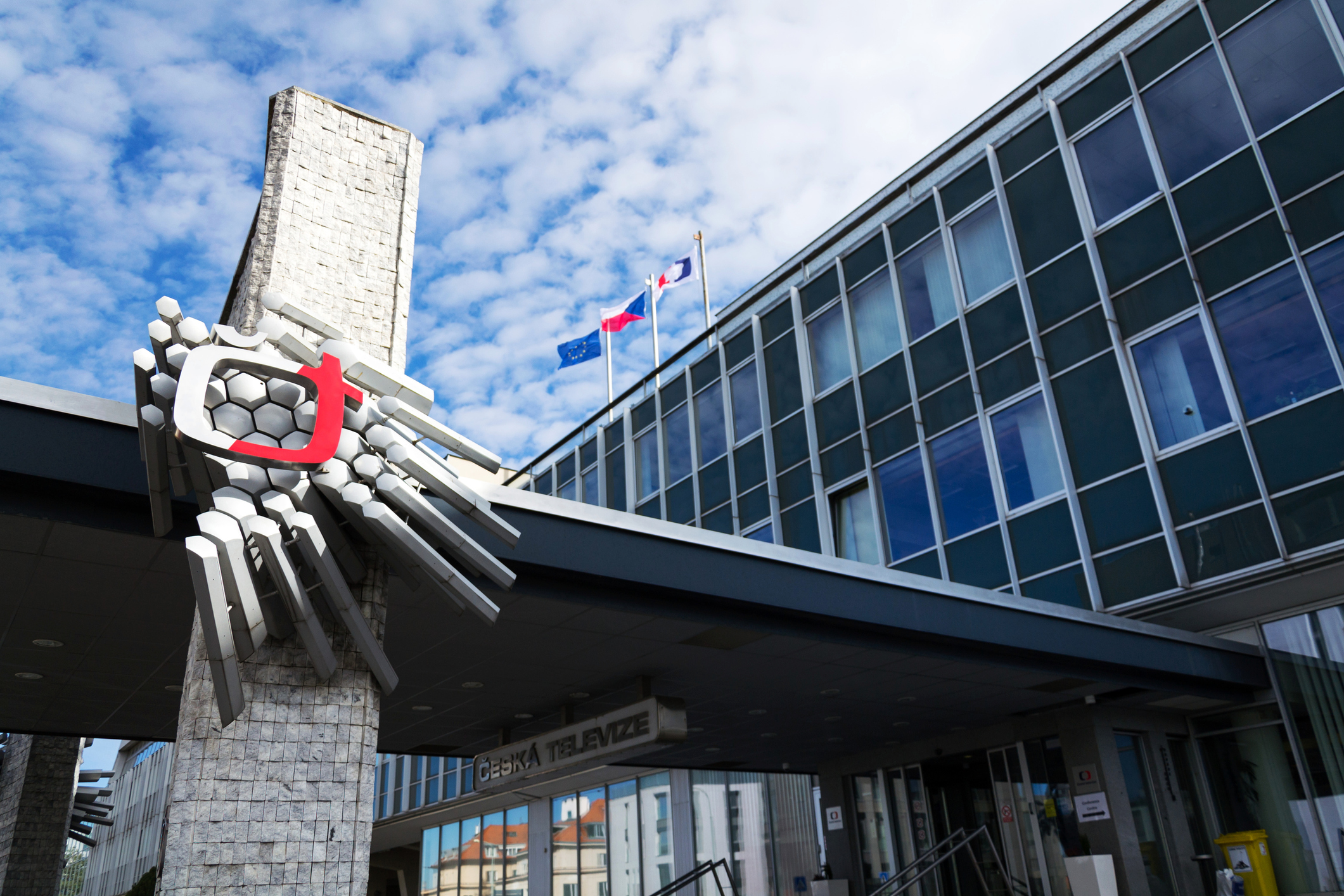Funding cuts, freezes and reviews faced by many public broadcasters
5th December 2023
Viable and sustainable funding for public media is increasingly at risk around the world, potentially posing a threat to the availability of trusted news and information.

PMA Secretariat
Across Europe, many licence fees for broadcasters are under review or have already been frozen or cut. In Canada and Ireland, tough choices are being made as advertising revenue shrinks. In several other countries, government revenue for public service media is moving well behind the pace of inflation.
Around the world, public service media organisations are simultaneously facing a drastic series of funding freezes or cuts, as the climate of uncertainty rocks media organisations often thought of as stable when compared to their commercial counterparts. This has led to thousands of jobs being lost, and serious questions being asked about how they can produce the public service content they’re obligated to provide, but also transform and compete with digital giants to stay relevant in a new media age.
In Italy, Rai faces a dramatic cut after the government cut the licence fee; Swedish Radio says it is considering job lossesand restructures as it embarks on a savings plan of up to 250 million SEK. The Japanese broadcaster, NHK, will see a reduction in the licence fee money it receives, while in Germany, debate has already started ahead of a review into the household levy funding mechanism there, with many politicians saying they would oppose an increase.
The Swiss public broadcaster SRG SSR last month warned a proposed cut to the licence fee would have dramatic implications for jobs and content, while in Georgia, an entirely new public media model is being proposed, which has raised concerns about media freedom. Ireland’s public broadcaster is facing insolvency, with 21 million euros worth of savings needed.
In the UK, the BBC is facing another round of belt tightening with the government this week saying a licence fee increase of £15 per year would be too much. The culture secretary, Lucy Fraser, said she was concerned a “significant rise” in the fee would add to cost of living pressures. The licence fee has been frozen at £159 for two years.
Ms Frazer also said she was looking at how “we fund the BBC going forward.”
Last week, the broadcaster announced that it was paring back its flagship television show Newsnight, which the National Union of Journalists described as a “major blow to investigative journalism.”
The BBC said more focus would be put on digital journalism and live coverage, with a reduction in the amount of television packaging, which it expects to save £7.5m a year.
Across the Atlantic, both NPR and CBC/Radio-Canada have announced cuts too. NPR in March announced that it was shedding 10 percent of its workforce, citing the erosion of advertising revenue, particularly for podcasts. In the months since, several regional public radio stations, including New York Public Radio, have also announced significant layoffs.
Listen toour podcast
Uncovering and exploring the biggest
issues facing public media
Over the border, CBC/Radio-Canada have also announced significant layoffs, blaming structural factors including rising production costs, declining advertising revenue and fierce competition from digital giants. The broadcaster would also see reductions to its parliamentary funding.
In a press release, it said 600 jobs would be lost and 200 vacancies would not be filled across CBC, Radio-Canada and its technology and infrastructure divisions. The corporation will also reduce its French and English language programming budgets.
“CBC/Radio-Canada is not immune to the upheaval facing the Canadian media industry. We’ve successfully managed serious structural declines in our business for many years, but we no longer have the flexibility to do so without reductions,” said Catherine Tait, chief executive of CBC Radio-Canada.
At a time when trust in media is declining worldwide, and democracy is imperilled in many areas, the existential threats faced by many public service media organisations are deeply worrying. The Public Media Alliance (PMA) continues to speak out about the need to ensure robust and sustainable funding so that core functions can still be carried out. This includes holding power to account, providing a critical source of impartial, independent, and verified news, and providing entertainment and information for diverse audiences.
The situation in many countries shows that even the largest public media organisations are not immune to the winds of change and instability sweeping through the media sector. This is especially the case during times of crisis, high inflation, and creeping austerity; the times when the availability of trusted and accurate sources of news and information are needed most.
Related Posts
5th December 2023
CBC/Radio-Canada announces programming and job cuts
CBC/Radio-Canada revealed its intention…
29th November 2023
BBC News announces savings and digital reinvestment plans
The savings form part of the BBC…
29th November 2023
SRG SSR warns of significant cuts if levy reductions pass
The Swiss public broadcaster SRG SSR…





